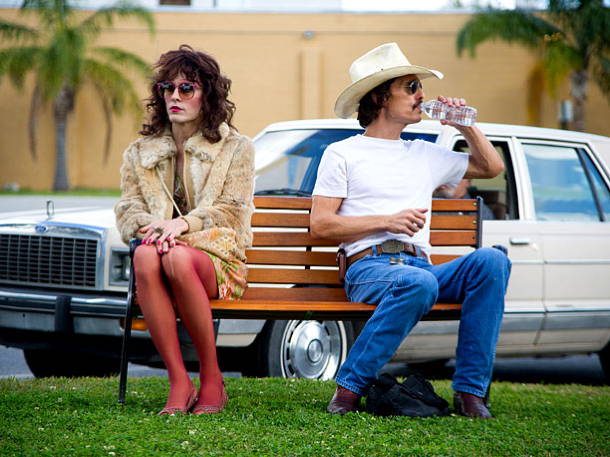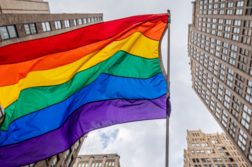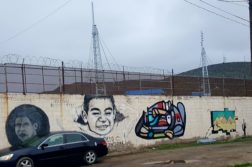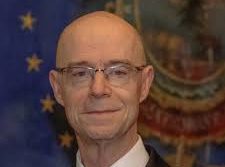
Dallas Buyers Club (Focus Features)
HOW DID AIDS change the struggle for GLBT rights? The question has been debated from different angles ever since it became clear that the epidemic would irrevocably alter the trajectory of the equality movement as it had been waged from the Stonewall era up to the early or mid-1980s.
The era of Gay Liberation had brought greater visibility to GLBT people, to be sure, but rather in the way that a National Geographic special can bring greater “visibility” to an exotic people halfway around the world. Coming out allowed gay people to find each other for the first time—in bars, bookstores, coffee shops, gyms, bathhouses, and so on—but the ghettoized world that they inhabited as “gay people” rarely intersected with mainstream American culture. There were no gay characters on TV or in the movies (with a few, largely sinister exceptions). Politicians never referred to gay issues; the mainstream press ignored them almost categorically; there were no GLBT support groups at the workplace or at school.
One consequence of the AIDS epidemic was that America was forced, however grudgingly, to confront the existence of gay people for the first time—under less than ideal circumstances, to be sure. Both the first major movie and the first prime-time TV show to feature gay leads—Philadelphia and An Early Frost, respectively—did so through the vehicle of AIDS. In the real world, millions of health care workers and family members and friends were forced to confront the existence of both gay people and the epidemic in a far more personal way. Dallas Buyers Club is a case study in where the rubber met the road in encounters of this unexpected kind.
Jean-Marc Vallée’s movie is about a homophobic redneck electrician and part-time rodeo cowboy—based on a real guy named Ron Woodroof, brilliantly played by Matthew McConaughey—a drug addict who’s also a sex addict with a taste for orgies. Upon contracting AIDS and the death sentence it guaranteed in 1985, Woodroof determined to stay alive by getting his hands on AZT and whatever drugs or combinations that were available to boost the immune system and slow the virus’s progress—and the Dallas Buyers Club was born.
Woodroof was undoubtedly in it for the money, as well as for the drugs themselves, and the film doesn’t mince words on his initial contempt for his customers—almost exclusively gay white men at this time, who had the means to purchase these bottles of hope that promised to buy some time. But he developed a solidarity with their plight and even a personal rapport with some individuals, particularly a transgender person named Rayon (played by Jared Leto) with whom he initially shared a hospital room and who eventually became his business partner in the buyers club.
The film documents Woodroof’s encounters with the medical establishment, which suddenly had a huge influx of gay patients on its hands, as well as with government officials in President Reagan’s administration, which was especially resistant to acknowledging the plague precisely because of its association with gay men. The buyers clubs themselves, which popped up in many U.S. cities, were part of a larger movement that challenged—and ultimately transformed—the government’s and Big Pharma’s whole approach to testing potentially life-saving drugs and bringing them to market.
Woodroof’s position as a straight man who’s suddenly branded with what was still being called the “gay cancer” makes for a fascinating psychological study (file under “mindfuck”): what happens to a man when he becomes the very thing he formerly despised? Rejected by friends and associates—physically assaulted and evicted from his home—he finds himself in a situation not unlike that of many gay people who’ve been turned out by friends and family. When he was a hard-drinking, orgy-loving rodeo hand, Woodroof’s macho rebel identity was really just an act. While he never entirely abandons the cowboy routine, he finds a way to use that gritty bravura to fight for something larger than himself.
Dallas Buyers Club
Directed by Jean-Marc Vallée
Truth Entertainment (II) / Voltage Pictures
Richard Schneider Jr. is the editor of The Gay & Lesbian Review.





